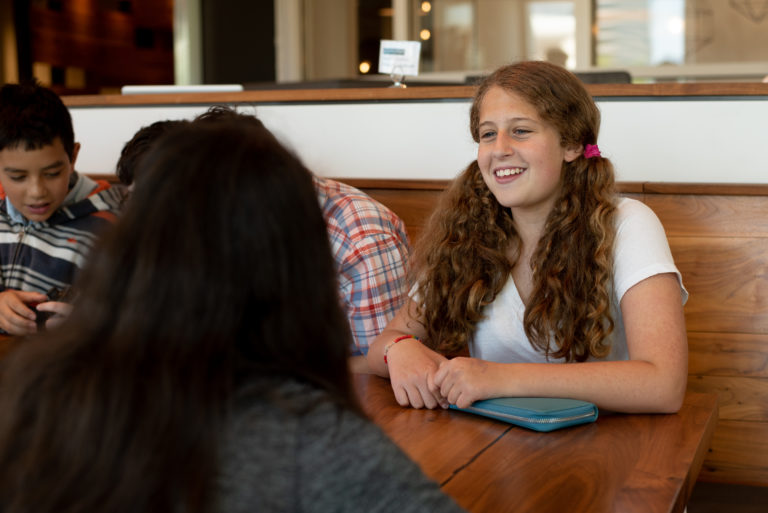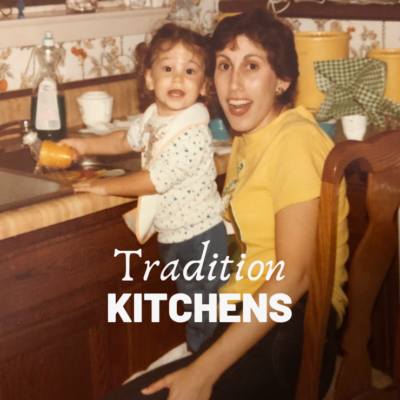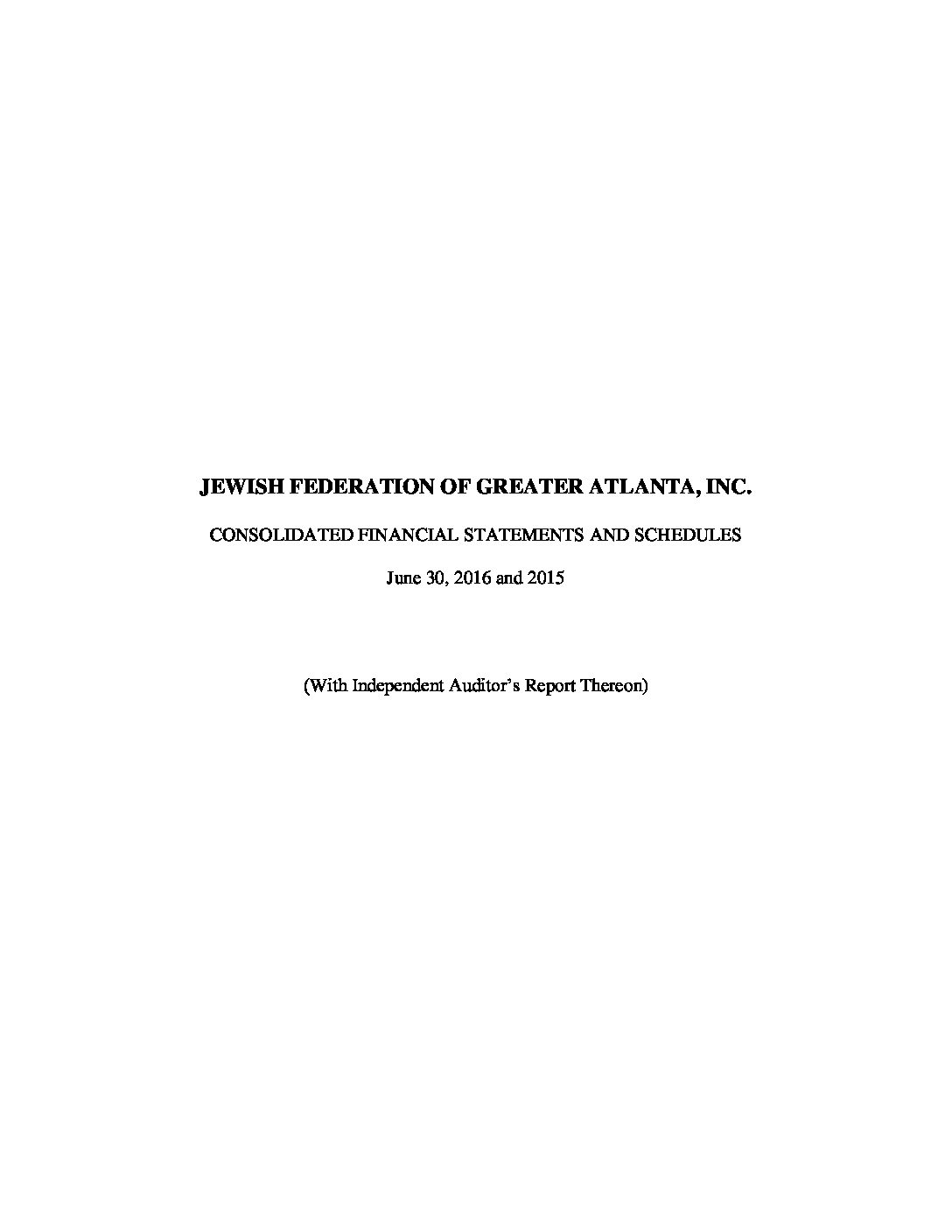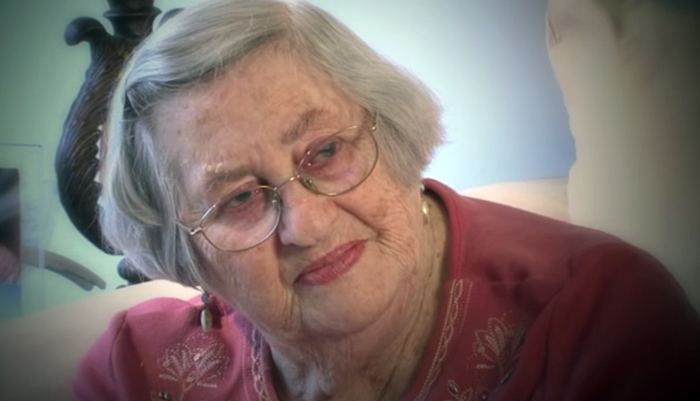
As an innovation initiative of the Jewish Federation of Greater Atlanta, JumpSpark supports new projects in Atlanta that enhance Jewish engagement and build community among Jewish teens and preteens.

One new initiative launching in 2020 are Jewish Clubs at metro Atlanta middle schools. These pluralistic, non-denominational, and unaffiliated clubs give preteens a safe, low-barrier environment to hang out with other Jewish preteens at their school, fostering community and sense of Jewish values. Jewish clubs at many area high schools and a small number of middle schools – such as the Jewish Student Union, North Springs Charter School’s Jewish Culture Club, and the Jewish Federation’s grant to Chabad of North Fulton middle school clubs – have been very successful at creating welcoming spaces that Jewish teens and preteens gravitate towards each month and find lasting relationships with other Jewish youth.
To accelerate this success and create continuity for Jewish teens in Atlanta, JumpSpark is working with community parents and teens to launch even more clubs. With a helpful toolkit and a Spark Grant to support costs, JumpSpark is equipping families to create clubs in their schools.

Jewish middle school clubs meet once a month at a time that’s convenient for your community. Middle schoolers will gather over food and have social time to get to know each other. The preteens will also engage in a short, fun activity with Jewish content led by a local Jewish educator.
Interested in a club at your teen’s school? Learn more below!
Your Role As a Parent
As a parent, your role will be to help sponsor the launch of a Jewish club within your teen’s middle school. JumpSpark will offer support on the direction and vision for the club in its first year and as a partner, will provide program planning, curriculum, and financial resources throughout the year.
After the pilot year, JumpSpark will offer grants to parents taking on more of the club’s program planning of the club. JumpSpark will continue to support the conceptualization and execution of monthly club meetings.
Steps to Success
- Decide on a creative club name that fits with your school’s culture
- Connect with Jewish teachers or teachers interested in supporting Jewish students to be official club sponsors
- Meet with the principal or upper school administration to talk about the club objectives
- Put together a list of communication mediums to use recruit and disperse info for parents and students
- Run the first meeting
- Watch your teen’s Jewish identity grow!
What Parents Are Saying
“As a parent of two middle school kids, I see the value in a Jewish middle school club to instill in the kids their sense of community and appreciation for their cultural. While this does not have to be an exclusive club for only Jewish students, it does provide a sense of identity for kids and allows them to share their perspectives and experiences with their peer network.” – Ben Taube
“One great thing about our large public middle school is the true and vast diversity of the student body. In this environment, though, it can be difficult for my daughters to meet and foster friendships with other Jewish students. This club allows for Jewish students in different grades and from different elementary schools to meet and to explore their shared valued and beliefs. It also provides an opportunity for interested non-Jewish students to learn more about Judaism and to work on service projects together.” – Sydnei Terry Rubenstein
Questions? Interested in starting your own club? Contact Jessie Schwartzman, JumpSpark Manager, at jschwartzman@jewishatlanta.org










